

Get the ultimate muscle pump with these proven nitric oxide boosters.
By Jenevieve Roper, PhD, CSCS, CISSN, SFN
Let’s face it, one of the best things that happens in the gym is about mid-workout when you see that sick muscle pump in your arms. You know, when your veins are popping and you look super shredded because you’re so vascular. I know I get a little excited when that happens to me. There is a specific reason for this effect and an even better reason to have it happen all the time.
When you work out, your body releases a series of hormones, one of which is nitric oxide (NO). Nitric oxide resides in the endothelium, which is a thin layer of special cells that surrounds smooth muscle vessels (arteries). When certain hormones attach to specific receptors, NO gets released and acts on the arteries to reduce vascular tone, causing the blood vessels to dilate and allow for increased blood flow. This vascular dilation increases the flow of substrates, or fuel, to the muscle, which can help improve your performance in the gym by reducing fatigue.
While there are many ingredients that claim to boost NO, we went through the research and found a few of our favorite ingredients that we think will keep your muscles pumping and make your gym session one for the ages.
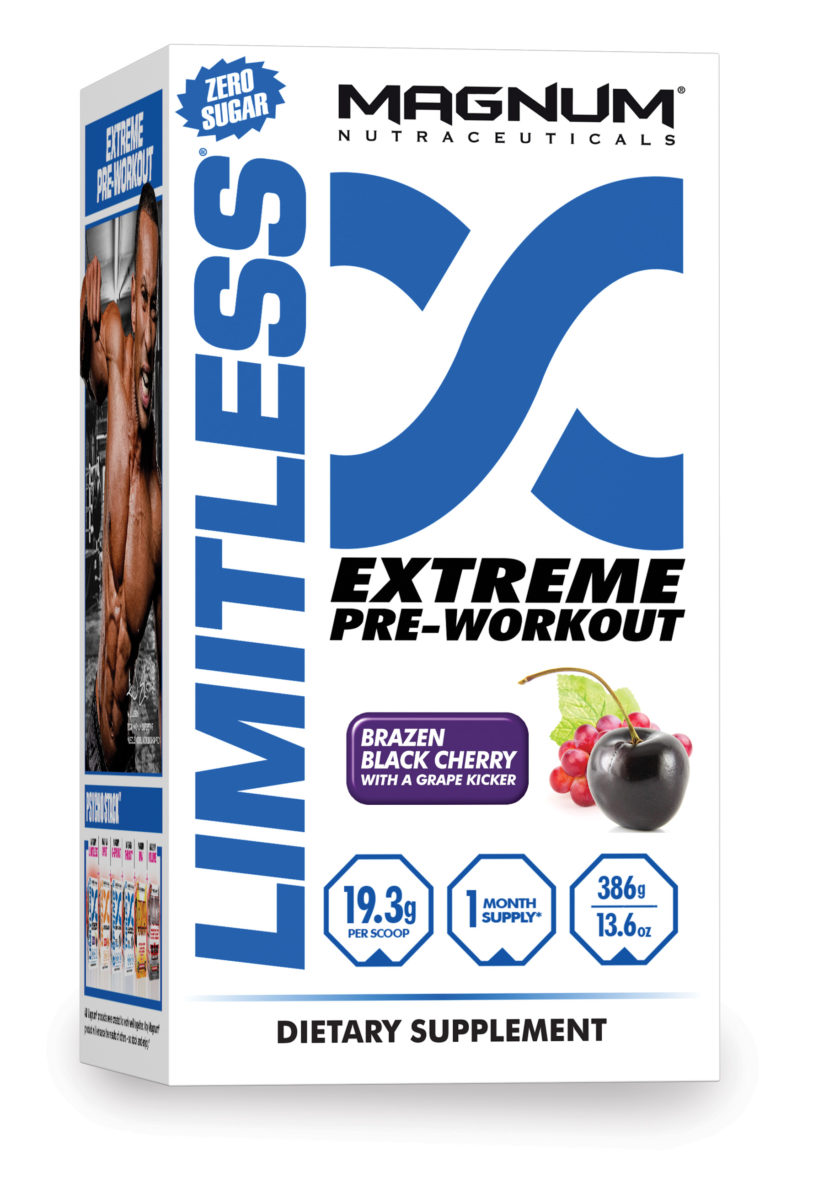
Arginine
Arginine is an amino acid found in the diet that directly produces NO by increasing the enzymes that make NO. It is metabolized from citrulline and plays an important role in immune function, cell division, and the release of hormones, among other things. It is also necessary for the synthesis of creatine and facilitates mTOR signaling and activation, which is one of the main pathways for protein synthesis. It has been shown to improve nitric oxide levels; however, the research is not consistent with this finding, likely due to different doses and poor intestinal absorption of the amino acid. Nonetheless, some people respond well to supplementation and can reap its benefits.
High doses of arginine can lead to GI distress and diarrhea, therefore, it’s recommended that you take the lowest dose possible that you respond to. The standard dose is about three to six grams before your workout. However, there is no specific time frame between ingestion and your workout, although we recommend about an hour prior to your workout. To maintain elevated levels throughout the day, it’s also possible to take arginine up to three times a day with no more than 15 to 18 grams consumed in total.
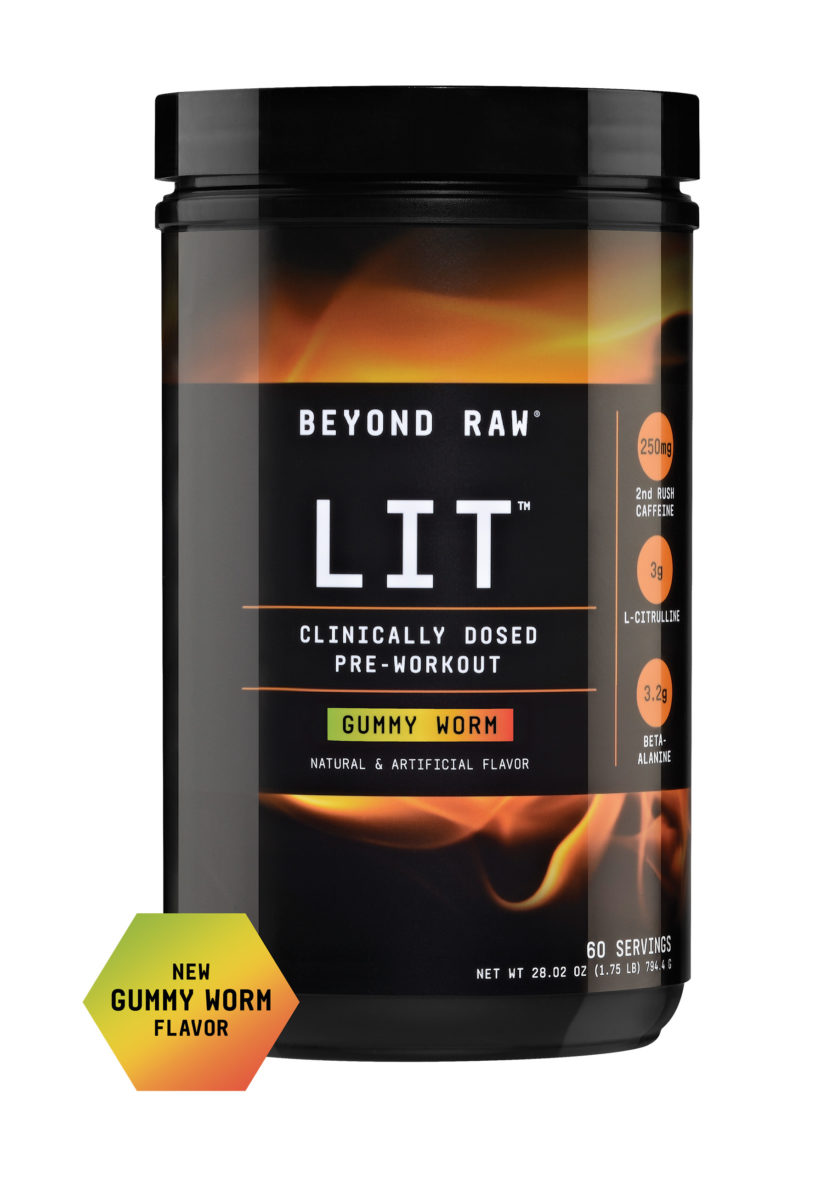
Citrulline
Citrulline, sometimes referred to as watermelon extract, is another popular amino acid that has been known to improve NO levels. It’s a key component in the urea cycle, which allows the body to excrete ammonia. Originally used as a cardiovascular supplement, citrulline has been shown to help improve athletic performance and reduce muscle fatigue. It gets converted to arginine in the kidneys, which improves NO metabolism. While high doses (10 grams or more) of arginine can lead to gastric distress, large doses of citrulline do not have this same effect. Additionally, it increases arginine levels over a longer period of time, meaning that muscle pump lasts longer compared to supplementation with arginine.
The recommended dose for citrulline supplementation is about six to eight grams one hour before exercise. This allows time for it to be absorbed and take effect, improving your workout. Additionally, supplementation with citrulline has been shown to reduce muscle soreness by 40 percent the two days following a workout. So it improves performance during your workout and aids your recovery, allowing you to get back to beasting in the gym.
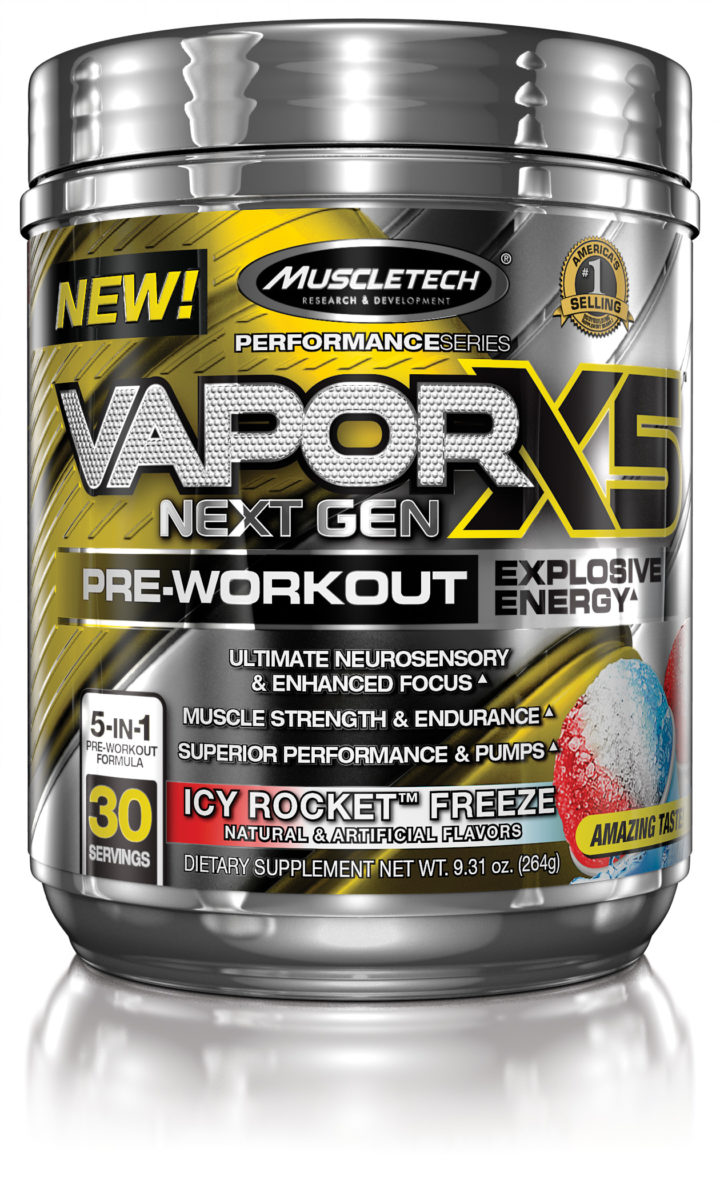
Nitrosigine
Nitrosigine is a fairly new supplement that is a special form of arginine. It’s actually a bonded arginine silicate, which is thought to enhance the absorption of arginine and silicon, which is believed to be reduced with simple arginine supplementation. A 2015 study demonstrated that 1,500 milligrams per day lead to a significant increase in specific proteins that are associated with increasing blood flow. In fact, protein levels were elevated as soon as six hours after consumption and remained elevated during the 14-day supplementation period.
Whether this translates to increased NO release into the blood is still under investigation. While one study claims that Nitrosigine can increase NO production five times greater than any other product, other studies have not replicated these same results. It does appear, however, that after 14 days of supplementation baseline, NO levels are significantly greater. So there is much promise behind this supplement. While we are still determining appropriate doses and potential side effects, it is believed that 1,500 milligrams per day is the optimal dose.
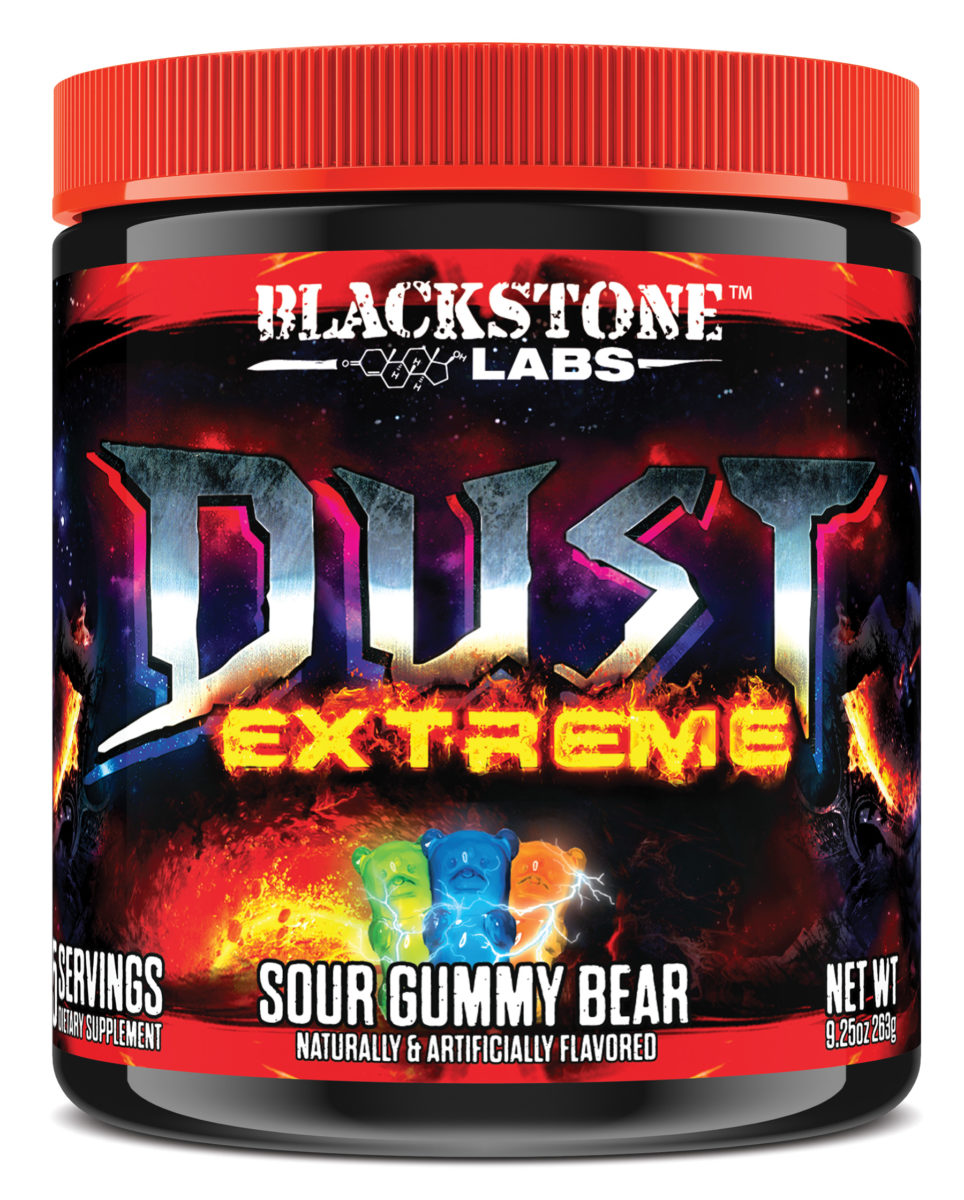
Norvaline
Norvaline is an amino acid similar to valine; however, it is not a branched-chain amino acid. It works as an arginase inhibitor. Essentially, arginase is an enzyme that will convert arginine to urea, which typically gets excreted in urine after conversion. However, in doing so, arginase uses arginine, which is also need for NO synthesis. Therefore, NO synthase (the enzyme responsible for making NO) and arginase compete for arginine, which can lead to reduced NO production. Norvaline reduces the amount of arginase available, allowing the body to use arginine for NO production more freely. In fact, some studies report up to a 60 percent increase in NO production.
Dose may vary slightly with norvaline. In order for you to receive optimal benefits from norvaline, you need to make sure you have enough arginine in your system to begin with. So stacking with arginine may potentially augment the effect of both arginine and norvaline. You only need about 100 to 200 milligrams per day of norvaline to get that muscle pump you desire.
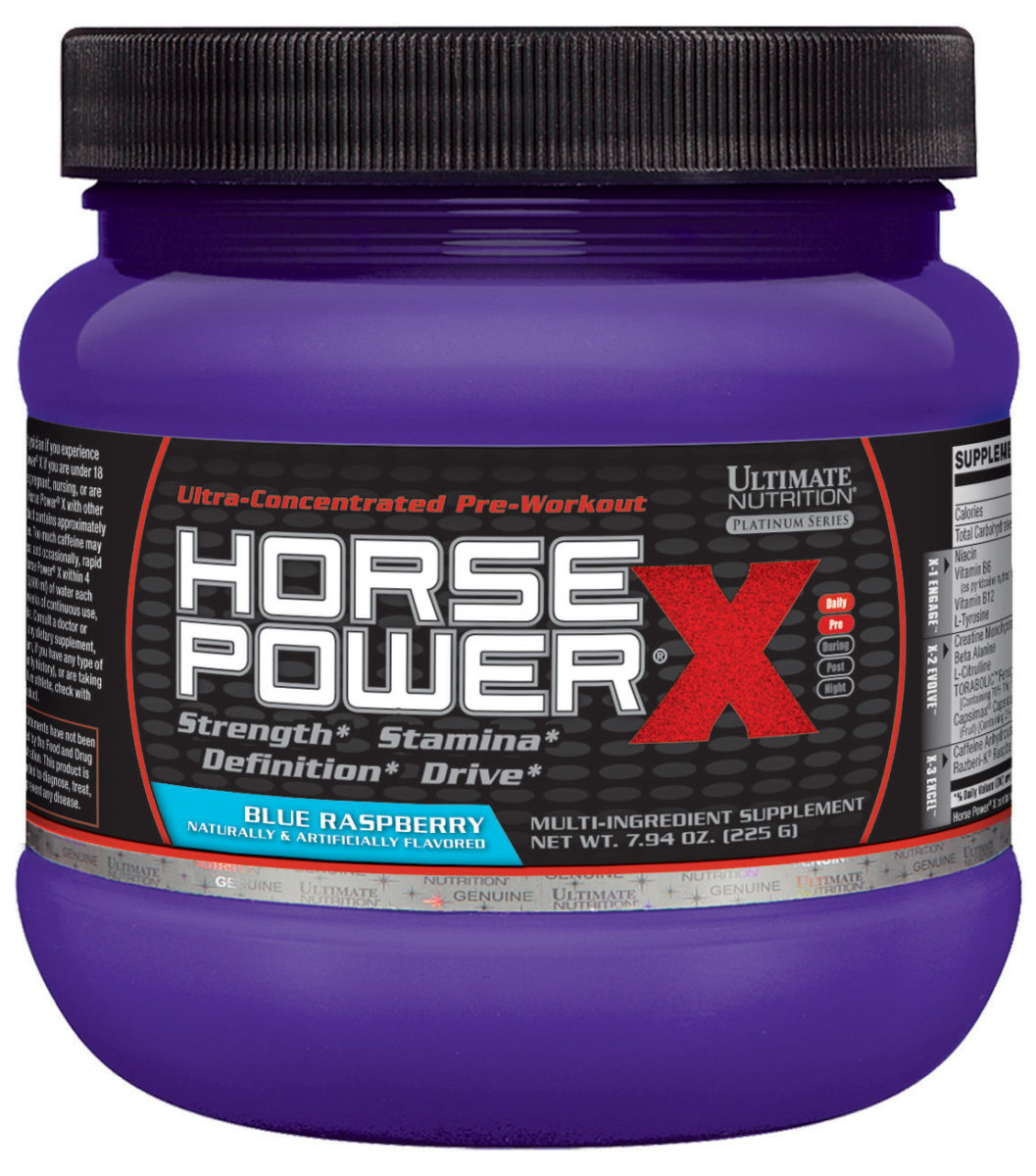
Creatine
I know you probably think we talk about creatine in just about every article, but that’s only because creatine is capable of so many things—boosting NO is just one of them. Creatine itself does not boost NO directly. However, arginine is used in the body to form creatine. And since arginine is needed for NO synthase, a slight deficiency in creatine could potentially cause a reduction in NO production as more arginine gets used for creatine production. Therefore, supplementing with creatine will increase arginine in the amino acid pool and boost NO production.
The research is still out on the optimal dose of creatine for the purpose of NO boosting. However, we recommend using the normal dose guidelines for creatine loading and/or maintenance. So you can use the loading method of five grams four times per day for five days, and then reduce to three to five grams per day for maintenance. Or you simply take five grams a day for 28 days to increase creatine stores and your body’s NO-boosting ability.
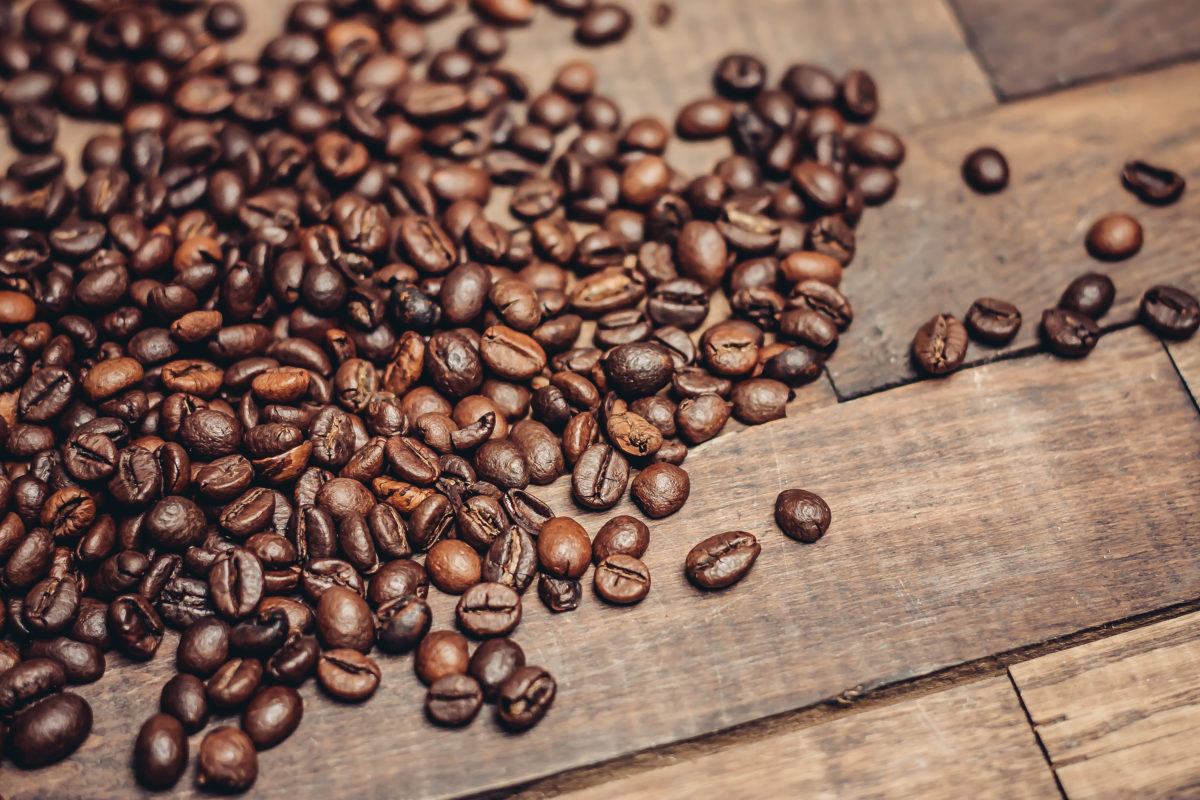
Caffeine
Caffeine is another supplement that we write about a lot for many different reasons. While it is best known for increasing endurance capacity and fat breakdown, it may also have the potential to boost NO. Caffeine has similar effects to norepinephrine in that it regulates blood flow. A 2006 study determined that after consumption of caffeine, there was an increase in forearm blood flow, which researchers believed was due to an increase in NO production. While this study is cited often in regards to caffeine and NO production, not many subsequent studies have been able to replicate the results.
Nonetheless, caffeine does have the potential to increase NO production, depending on the receptors it attaches to in the blood vessels. It is believed that about 300 milligrams is enough to elicit an increase in blood flow. However, if you regularly consume caffeine, you may need more as you become insensitive to it and its effects over time. IM
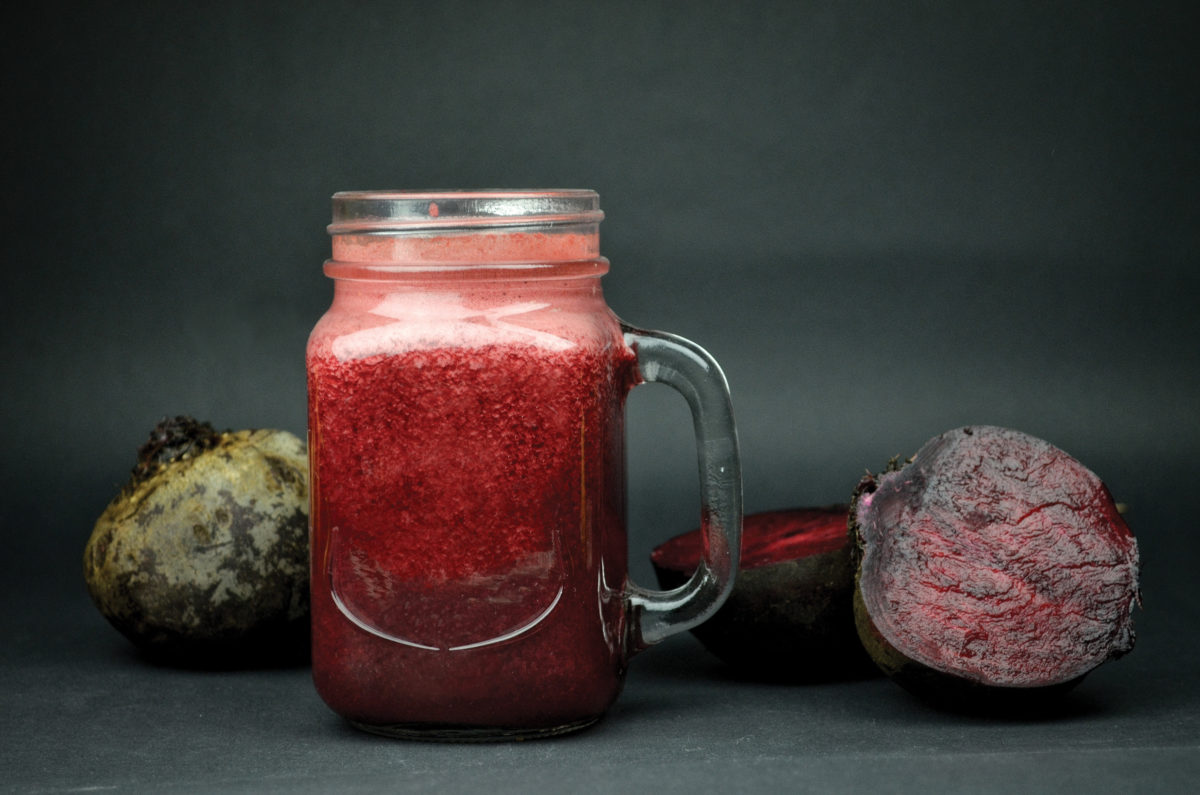
Beet It
Beetroot juice is becoming more popular for its ability to increase NO in the body. It contains dietary nitrates, which can enter a specific metabolic pathway that creates NO without the need for arginine (like most other supplements). Many studies have determined that dietary nitrates, like beetroot juice, improve athletic performance, especially endurance performance. But the question becomes how much should you take? Typically, about eight to 16 ounces a day (taken before your athletic event/workout) has been known to do the trick. While the taste might not be that great, the results you get from it will be. Beetroot juice is also loaded with vitamin C, vitamin A, zinc, iron, as well as antioxidant polyphenols and betalains, which combat oxidative stress and inflammation. If you go the nitrate supplement route, shoot for about 300 to 500 milligrams per day, which is about the equivalent you’d get from one cup of raw spinach.













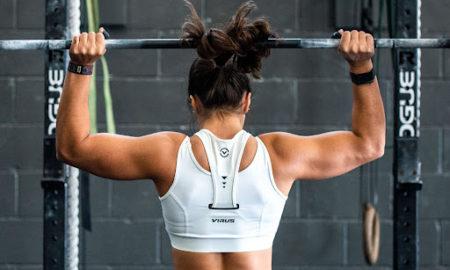




You must be logged in to post a comment Login